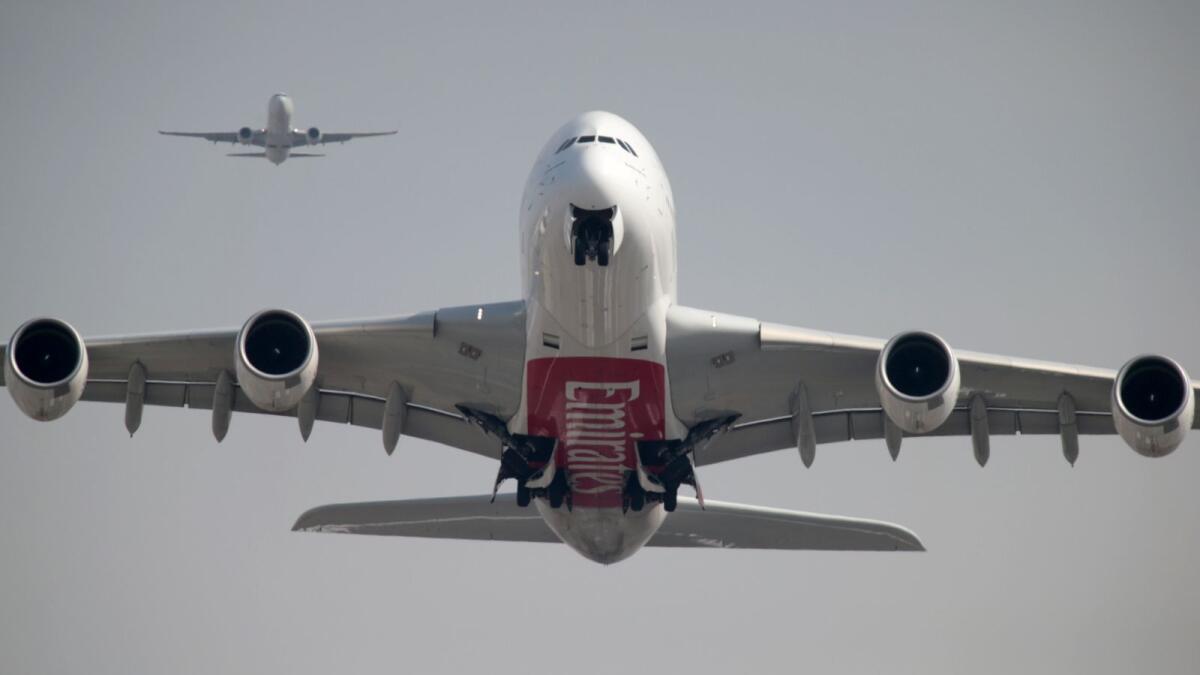A Dubai-Mumbai Emirates plane was damaged after flying into a flock of flamingos, resulting in the death of several birds. The incident occurred shortly before touchdown, but the aircraft was able to land safely, and all passengers and crew disembarked without injury. As a result of the damage, the return flight was canceled, and Emirates had to arrange for a replacement aircraft for the affected passengers.
The incident, which occurred on Monday, led to the death of at least 36 flamingos, according to reports. Wildlife experts expressed concerns that more birds may have perished in the incident. The Mumbai airport has seen over 600 cases of aircraft bird strikes from January 2018 to October 2023, with the wetlands along the city’s coast being a popular spot for flamingos during their migration season. Pawan Sharma from the Mumbai-based Resqink Association for Wildlife Welfare noted that it was unusual for so many birds to be killed in a single event and stressed the importance of implementing mitigation measures to prevent such incidents.
Emirates stated that they are cooperating with Indian authorities on the matter and that all passengers and crew from the affected flight were accommodated overnight. A replacement aircraft was arranged for the passengers, which departed Mumbai the following day. The airline expressed its commitment to ensuring the safety of all passengers and crew members. The incident highlights the risks associated with aircraft bird strikes and the need for proactive measures to protect wildlife habitats and prevent such tragedies from reoccurring.
Aircraft bird strikes are not uncommon, with Mumbai airport witnessing numerous cases over the years. The presence of a large number of flamingos in the area during certain times of the year increases the likelihood of such incidents. Wildlife conservationists emphasize the importance of evaluating such events and implementing measures to safeguard both resident and migratory birds. As Sharma pointed out, the protection of crucial habitats is essential to prevent further harm to wildlife and ensure the safety of air travel.
The impact of the incident goes beyond the loss of bird life, as it also raises concerns about the potential environmental consequences and the need for sustainable practices in air travel. By raising awareness about the risks associated with aircraft bird strikes and advocating for wildlife protection, stakeholders can work towards a safer and more sustainable aviation industry. Cooperation between airlines, authorities, and environmental organizations is crucial in addressing these challenges and finding effective solutions to mitigate the impact of such incidents on both wildlife and air travel.































